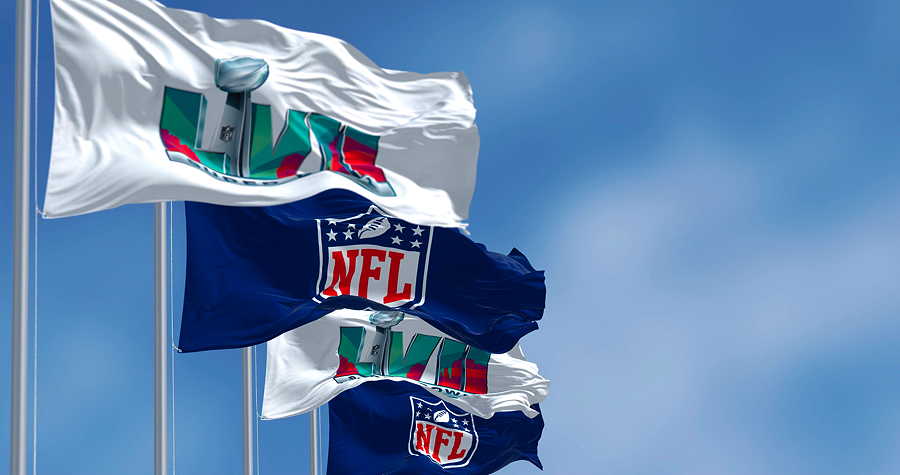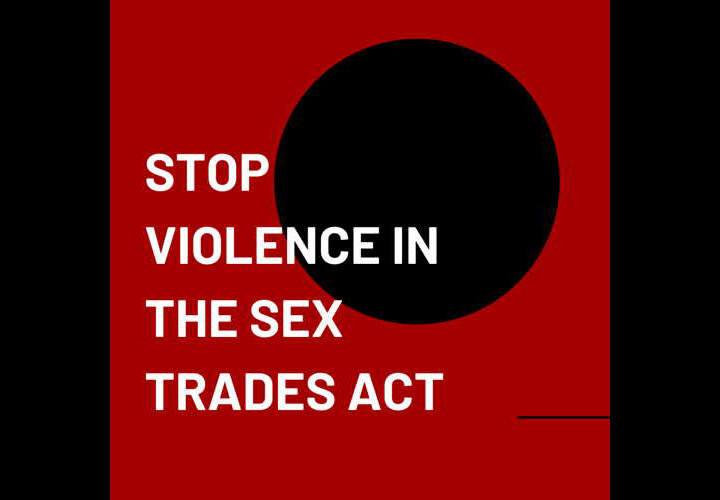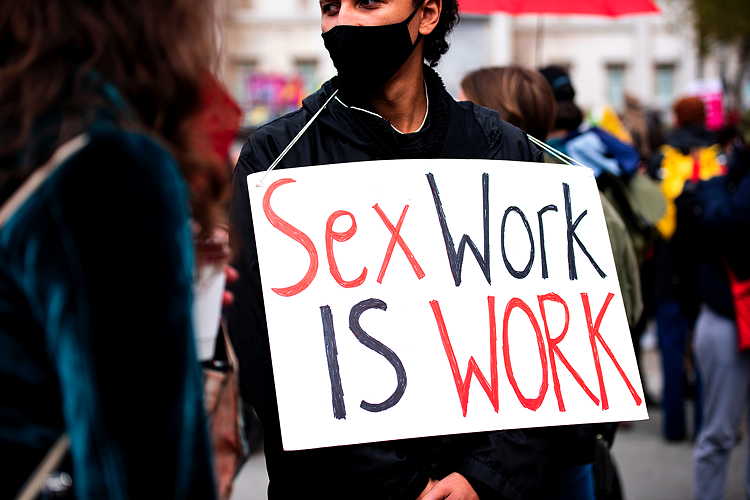February 23, 2023
Fears that large sporting events fuel spikes in rates of human trafficking are unfounded. Every February, the rumor that the Super Bowl is a giant human trafficking hub is voraciously circulated by law enforcement, the government, and the media. Yet, time and time again, research continues to find absolutely no correlation between the Super Bowl and human trafficking.
“Fact or Fiction: Sex Trafficking, Sex Work, and Human Rights at the Super Bowl,” a report compiled by attorneys and researchers at Decriminalize Sex Work (DSW), Woodhull Freedom Foundation, and SOAR Institute, found that the perpetuation of the “Super Bowl sex trafficking myth” uses rhetoric that equates consensual adult sex work and human trafficking, which is known to be dangerous. By conflating these two very different phenomena, the discourse encourages the prohibition of prostitution at the expense of sex workers, survivors of human trafficking, and entire communities.
Evidence has conclusively found that the decriminalization of sex work, rather than prohibition, helps to reduce stigma and violence directed at sex workers, improves public health, and helps combat human trafficking.
The conflation of sex work and human trafficking often leads to victims of trafficking being prosecuted for crimes that they were forced to commit. Convictions for these crimes prevent survivors from accessing critical social resources when attempting to recover from being exploited. It also encourages law enforcement to target sex workers under the guise of preventing trafficking. Research shows that increased policing is a threat to the safety of sex workers.
Current prostitution and anti-trafficking laws make it difficult for victims and witnesses to report exploitation without risking prosecution. When innocent people are arrested and prosecuted, victims face barriers to services, and exploitation proliferates in the black market.
The myth that human trafficking spikes during the Super Bowl occupies an unwarranted amount of space in media discourse and policy responses around the event. This wastes the resources of law enforcement and encourages over-policing, which erodes trust between law enforcement and communities.
While the perpetuation of the Super Bowl sex trafficking myth is incredibly harmful, it continues to spread for four main reasons.
1. As a fundraising strategy for nonprofits wanting to abolish sex work under the guise of fighting trafficking.
2. As a method of virtue signaling by national and local governments taking a stand against human trafficking.
3. As a way to grab media and public attention for the issue of anti-trafficking.
4. As justification for social control measures such as increased policing and migration controls based on anti-prostitution ideology.
Human trafficking is a critical human rights concern that warrants effective and concerted policy responses. Rather than increasing the policing of prostitution around the Super Bowl, DSW, SOAR Institute, and Woodhull Freedom Foundation suggest the following alternative policy solutions:
1. Create evidence-based public education campaigns around human trafficking that reduce stigma and provide resources for those who are suffering exploitation.
2. Encourage states and municipalities to pass immunity bills to provide sex workers and trafficking survivors the right to report crimes committed against them without facing prosecution.
3. Develop study commissions made up of impacted community members, service providers, public health experts, and law enforcement to study the impact of current policies around human trafficking and sex work and make further recommendations.
4. Conduct mandated and standardized training for law enforcement in all jurisdictions on the critical differences between sex work and trafficking, as developed by the aforementioned study commissions.
5. Fully decriminalize consensual adult sex work, in order to reduce rates of STI transmission and violent crime and to increase law enforcement’s ability to detect and address trafficking.
6. Devote government funds previously used to arrest and incarcerate consensual adult sex workers to provide stigma-free social services and resources for those engaged in sex work and to fight all kinds of human trafficking, including labor trafficking cases that often go undetected.

DSW Newsletter #45 (February 2023)
Stop Violence in the Sex Trades Act Reintroduced in New York

Research Finds No Correlation Between Super Bowl and Human Trafficking

San Francisco Supervisor Issues Statement Calling for Legalization of Sex Work

Coffee With a Sex Worker

